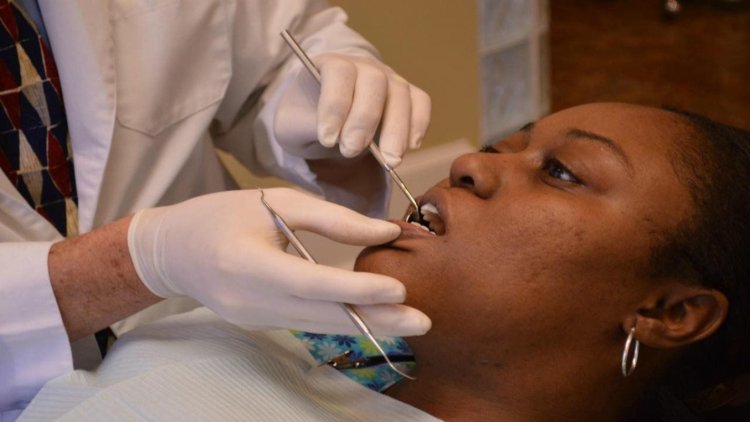Shortage of Paediatric Dentists in Nigeria Puts Children's Oral Health at Risk

Nigeria is facing a significant shortage of paediatric dentists, with only 84 qualified professionals available to serve a population of over 200 million people, warns Dr. Ify Adegbulugbe, the National President of the Nigerian Association of Paediatric Dentistry (NAPD).
During an online media session highlighting the challenges of oral healthcare in Nigeria, Dr. Adegbulugbe stressed the disproportionate number of paediatric dentists to the country's vast population. This scarcity has resulted in difficulties in accessing and delivering oral healthcare in Nigeria, particularly for children.
She pointed out that numerous well-trained and certified paediatric dentists are leaving the country, contributing to the brain drain in this field. The exodus of these professionals has made it more challenging for children to receive proper dental care.
One of the main issues exacerbating the problem is the high cost associated with dental care in Nigeria. Dr. Adegbulugbe explained that the expense is partly due to the lack of domestically produced dental equipment and the absence of tax rebates or incentives to lower costs.
Dr. Adegbulugbe emphasized the importance of preventive dental care, especially for children, urging routine dental check-ups rather than waiting for problems to arise.
Furthermore, she called for the implementation of the National Oral Health Policy of 2012, which aims to raise awareness, improve early detection, and ensure prompt treatment for oral health issues.
Professor Morenike Folayan, a specialist in Paediatric Dentistry at the Obafemi Awolowo University, Ile-Ife, Osun, joined the discussion and advocated for the inclusion of oral health in Nigeria's National Health Insurance scheme. Expanding coverage to include oral healthcare would enhance accessibility and reduce the financial burden associated with dental care.
Prof. Folayan highlighted some common oral health problems in children, such as tooth decay, bleeding and swollen gums, and trauma or injury to the teeth and gums. She emphasized the importance of addressing these issues promptly to prevent them from persisting into adolescence and adulthood.
In conclusion, experts are calling for urgent measures to address the shortage of paediatric dentists in Nigeria and to make dental care more accessible and affordable, particularly for children. They believe that including oral health in the National Health Insurance scheme could significantly improve the situation and benefit the overall health and well-being of Nigerians.





